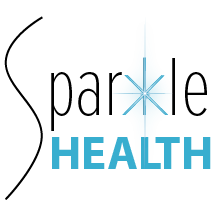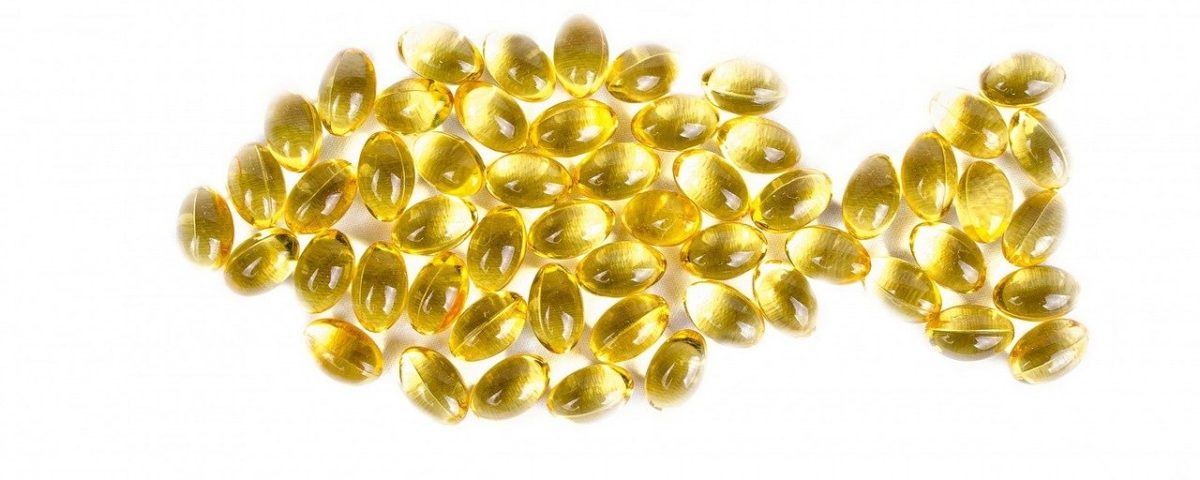The Skinny on Omega-3 Fat

Doctor of Osteopathic Medicine
Omega-3 Fatty Acids (commonly known as fish oils – EPA (eicosapentaenoic acid) and DHA (docosahexaenoic acid) are one of the most studied and utilized dietary supplements. The observation of Greenland Inuit populations (formerly known as Eskimo) and an extremely low incidence of coronary artery disease instigated the study of omega-3 fatty acids. The traditional dietary pattern of Inuit populations consists of large quantities of fatty fish and the low risk of heart disease was thought to be related. For this reason, the use of omega-3 fat has mostly been studied for the prevention and treatment of heart disease-related issues. Omega-3 fats are utilized for a variety of other reasons including inflammation and brain health, but we will focus on cardiovascular benefits given that is where most of the focus has been.
Omega-3 Fat is Essential
The first thing to know about omega-3 fats EPA and DHA are that they are essential. This means our body cannot make it and it must come from dietary sources. So here is the first consideration when deciding if taking omega-3 fat is right for your health… Are you getting enough in your diet? The standard American diet (unlike the Inuit) is very low in omega-3 fats from dietary sources. Foods that check the omega-3 boxes are cold-water fatty fish such as salmon, sardines, and anchovy. There are plant-based sources of alpha-linolenic acid such as walnuts, flax, and chia which then are converted by our body to EPA and DHA. In the modern food environment, we often must be intentional in our inclusion of these foods.
The EPA / DHA is thought to have cardiovascular benefits by four mechanisms. They are known to lower triglycerides (cholesterol in the blood), they make our blood less sticky which is known as an anti-platelet effect, they are incorporated into our cell membranes and make the cell membranes more flexible and lastly, they are utilized in the production of anti-inflammatory proteins in the body. EPA and DHA are long chains of carbon and hydrogen atoms that are polyunsaturated and include more than one double bond allowing for the property of flexibility in the cell membrane where a lot of our biochemistry happens! We can measure through lab testing what percentage of your cell membranes are comprised of omega-3 and that is the best way to see if your dietary pattern or your supplementation contains enough for the benefits.
Omega-3 and Cardiovascular Benefits Evidence
The problem with omega-3 studies is that many are small and are of varying doses and are often not conducted over long enough periods of time to really assess risk/benefit. In a 2020 Cochrane Review, it was found that omega-3 fatty acids reduced the risk for the primary and secondary prevention of cardiovascular incidence and death. The evidence was stronger for secondary prevention (preventing a second cardiovascular event). The authors of this review are quick to say that the data is not as strong for prevention and treatment as some pharmaceutical agents such as statin cholesterol-lowering medication.
Many smaller studies have been pooled together for omega-3 supplementation and cardiovascular disease risk and there are benefits to taking omega-3 supplements. In a meta-analysis of randomized controlled trials in the Journal of the American Heart Association, omega-3 fat showed a risk reduction in cardiovascular disease with greater benefit at higher doses.
For generally healthy people, it is biologically plausible that omega-3 could have some long-term benefits and studies do support its use in the risk reduction of cardiovascular disease. What about people on cholesterol-lowering medication who have residual heart disease risk? There are two very large randomized controlled trials to answer this question and unfortunately, the results are not in alignment. Both the REDUCE-IT and the STRENGTH trial looked at patients with elevated triglycerides on statin medication. They both used doses of 2 grams twice per day (which is a higher dose than most people take). The REDUCE-IT trial had EPA only and the STRENGTH trial utilized EPA + DHA. The REDUCE-IT trial showed a significant 30% reduction in cardiovascular mortality while the STRENGTH trial did not – to the point they ended the trial after only 3 years. There is controversy over the REDUCE-IT trial as a mineral oil placebo was used and this was thought to widen the gap between the EPA arm and the placebo arm (in that the placebo arm fared worse due to the mineral oil). Defenders of this study say that this was not the issue and that the EPA by itself was better than EPA + DHA. At this time, it is unclear if we should be utilizing EPA alone for this population, however, when supplementing omega-3 for cardiovascular health, it is generally accepted to utilize formulas that do have more EPA in relationship to DHA in part due to these studies.
Omega-3 is Supplemental
Omega-3 is a dietary supplement that can add to other lifestyle interventions that are helpful in mitigating cardiovascular risk. We know that dietary patterns such as the Mediterranean eating pattern has been shown to reduce cardiovascular risk and this can be utilized in combination with omega-3 for added benefit. It is unfortunate that interventions are studied alone. For example, in the REDUCE-IT and STRENGTH trial, the patients had elevated triglycerides and low LDL which is the statin medication effect. We know that in this circumstance a small number of these patients will have familial/genetic elevated triglycerides but the majority of them will have elevated triglycerides due to blood sugar dysregulations and lowering the sugars and carbohydrates likely would yield some improvement given that is a driver of heart disease risk.
Quality Matters
Side Effects
It is very important when taking dietary supplements such as fish oil to know the possible negative effects or risks. The main thing to monitor for with omega-3 fats is bleeding. Because omega-3 fats by their nature cause the blood to be less sticky, easy bruising and nosebleeds and gastrointestinal bleeding in those susceptible can occur- particularly at the higher doses (> 2 grams per day). It is important to pay attention to utilizing these with the guidance of your physician to make sure you are a candidate for this supplementation. In addition, this is the type of supplement that should be held prior to surgeries where bleeding could be an issue.
Setting the Intention with Omega-3 Fats
References
•Abdelhamid. Omega 3 Fatty Acids for the Primary and Secondary Prevention of Cardiovascular Disease. Cochrane Database Syst Rev. 2020 Feb 29;3(3):CD003177.
•Yang Hu. J Am Heart Association. 2019 Oct 1; 8(19). Marine Omega 3 Supplementation and CVD- An Updated MetaAnalysis of 13 RCT involving 127,477 participants
•Safi Khan. EClinicalMedicine. 2021 Aug; 38:100997 Effect of Omega 3 Fatty Acids on Cardiovascular Outcomes: A Systemic Review and MetaAnalysis





